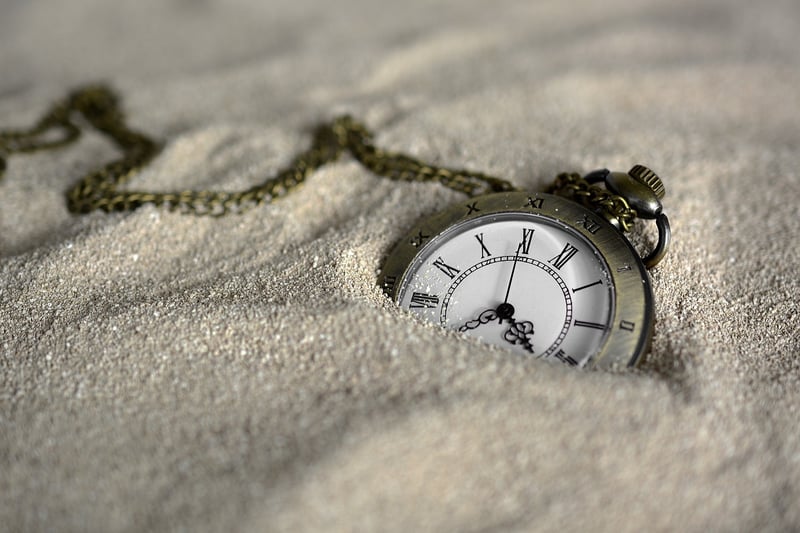Grandfather Paradox Analysis
Moral and Ethical Implications of Time Travel
Time travel has long been a fascinating concept in science fiction, but beyond the excitement of changing the past or exploring the future, there are profound moral and ethical implications to consider. Let's delve into the complexities of time travel and its implications on our values and principles.
The Grandfather Paradox
One of the most famous thought experiments related to time travel is the Grandfather Paradox. This paradox posits a scenario where a time traveler goes back in time and prevents their grandfather from meeting their grandmother, thus preventing the time traveler's own birth. This leads to a logical contradiction - if the time traveler was never born, how could they have traveled back in time to prevent their birth?

The Grandfather Paradox raises questions about causality, free will, and the nature of reality. It challenges our understanding of cause and effect, highlighting the potential disruptions that time travel could introduce to the timeline.
Implications on Personal Responsibility
Time travel can blur the lines of personal responsibility. If one can change the past, does that absolve them of the consequences of their actions? Would individuals act more recklessly knowing they can always go back and undo their mistakes?
Ethical Dilemmas
Time travel also presents ethical dilemmas. For instance, is it morally permissible to alter historical events for personal gain? Should we intervene in past tragedies to prevent suffering, even if it means altering the course of history?
Conclusion
While time travel remains a theoretical concept, exploring its moral and ethical implications challenges us to reflect on the values that guide our decisions. The Grandfather Paradox serves as a reminder of the intricate web of consequences that time manipulation could bring. As we ponder the possibilities of time travel, let us also consider the responsibilities that come with such extraordinary power.
References: Grandfather Paradox - Wikipedia
